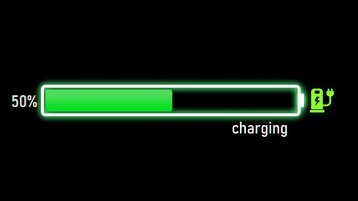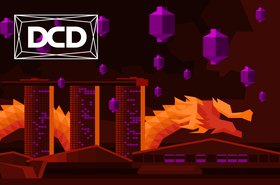In a social context, being power-hungry is presented as a negative. But in a data center, the desire for power can inspire innovation.
We sat down with Dario Schilling, Head of Data Center Sales & Process Excellence for Powergen, MTU (A Rolls-Royce Holdings-owned company) at our DCD>APAC event in order for them to showcase their vision for the future of power infrastructure.
But first, a look into the past.
“Over the past few decades, data centers were designed quite straightforwardly. There was always a diesel generator with a quick connection, and a UPS with different kinds of configurations switching around the office. So when we are talking now about pioneering power, that means we are actively looking into future alternative solutions, especially focusing on globalized topics like decentralization and renewable energies.
“Gas gensets have a big advantage in that they produce power with a lower measurement than, for example, a coal power plant, so you can provide cleaner energy to a data hall. Going forward, gas gensets will be accepting hydrogen. We are already offering gas generators using a certain hydrogen mixture, but we are still working on how we can use 100 percent hydrogen.
“Our core product portfolio still remains the diesel generator set. It is where our heritage lies, we have one of the industry’s leading diesel generators on offer, and we will continue to do so. But the interesting part of this kind of product is that it still has to evolve over time.
“We are not looking at the same generator that it was 20 years ago, and going forward we will be looking at other aspects of it, for example, fuel flexibility. Whether we can use e-fuels or biofuels in order to reduce or avoid the carbon footprint of a diesel generator, as well as looking into the emission levels and how we can bring it down to the local requirements in a specific country.”
The fuel used to generate power is undeniably important. But when it comes to critical industries like the data center industry, energy storage is an essential consideration.
“Going forward, of course we need to think about renewable energies like wind, photovoltaic (solar), and how to integrate them into this. How we can combine the capabilities of a generator with this kind of renewable energy.
“However, we also need to think about how we can save energy from renewable sources and not waste it. It's about the energy storage itself. This is where MTU is focusing, on finding an overall solution. Not only on the generator side of things but on providing energy storage systems.
“The dynamic UPS system is the next part of our product portfolio. Last year, we acquired a company and have our own line of dynamic UPS systems that have been optimized specifically for MTU engines. The big advantage of dynamic UPS systems for data center owners is the smaller footprint, especially in locations where you don't have enough space for static UPS.
“We also have our own product line now in terms of battery systems – the MTU energy pack. It's a battery system that can be deployed easily and quickly in a compact solution to a site, and of course, as this is a battery storage system, it is completely carbon-free to get the energy in, and get it out of the system.”
MTU has power infrastructure covered from every angle, but ultimately, it is about having the right tools for the specific job.
“It's all about using the right tools at the right time. For example, when do you want to switch on your diesel generator to provide this kind of load flexibility? When is the best time to switch on the gas genset when wind or solar may decrease in the evenings? This is where intelligence and knowledge come into play to provide enough redundancy and flexibility to the data center so that it can operate safely and effectively.”
To learn more about the MTU product portfolio, download the full episode here
-
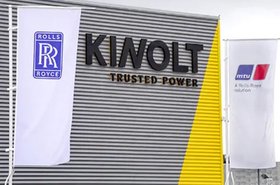
Rolls-Royce Power Systems acquires Belgian UPS company Kinolt
The acquisition has been finalized by authorities
-
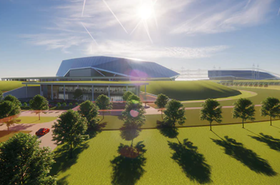
Rolls-Royce gets funding for small nuclear reactors in the UK
Possible low-carbon power sources for data centers?
-
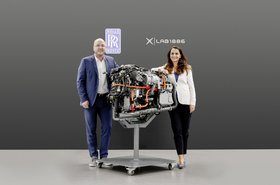
Rolls-Royce and Daimler Truck AG to co-develop data center fuel cells
This project will be in operation by the end of the year

